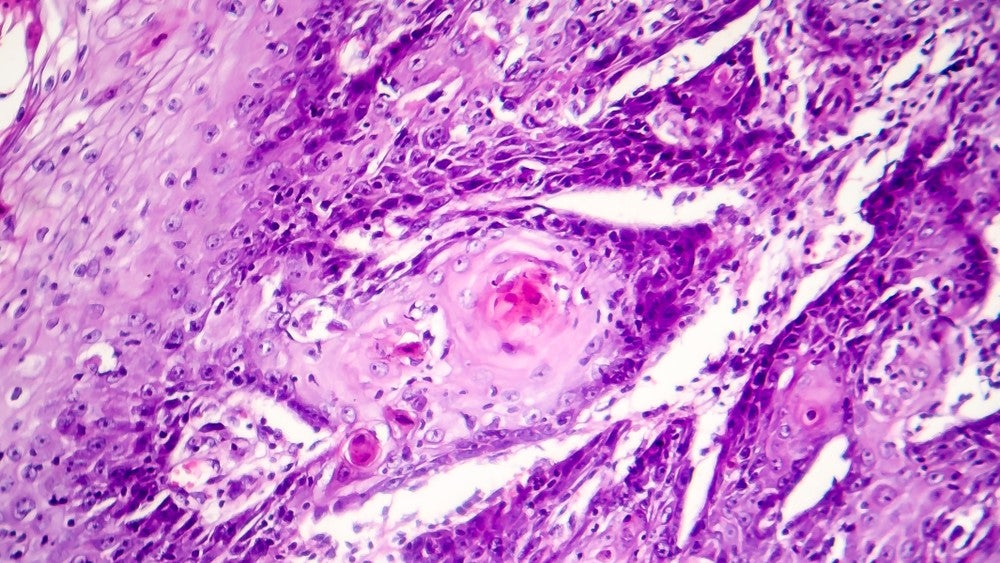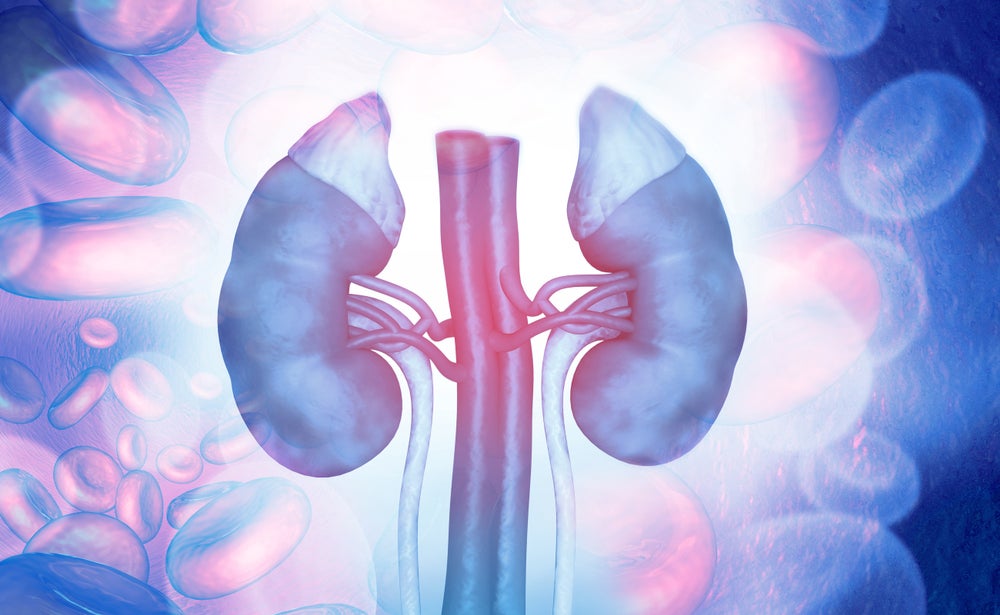Cessation Therapeutics has received an additional grant from the US National Institutes of Health’s division National Institute on Drug Abuse (NIDA) to develop a subcutaneous formulation of the anti-fentanyl mAb (monoclonal antibody), CSX-1004 SQ.
The funding is a component of a multi-year $14.8m grant awarded to Cessation and McLean Hospital, part of Mass General Brigham.
The grant will support activities including CSX-1004 SQ's formulation, development and manufacture, and assess its ability to reduce the impact of fentanyl in pre-clinical models of fentanyl self-administration and relapse.
Cessation used funds from a previous NIDA grant to perform IND-enabling trials of CSX-1004 infusion, an investigational product that has now advanced to Phase I studies.
Designed to work by sequestering fentanyl molecules as they enter the bloodstream, CSX-1004 is a human IgG1 mAb specifically for fentanyl and fentanyl analogues.
It helps neutralise the molecules in the blood before they reach the brain and prevents harmful effects.
Through a range of delivery techniques, the platform can be optimised to prevent overdoses, to potentially reverse overdoses and to treat fentanyl-related opioid use disorder (OUD).
Cessation Therapeutics chief scientific officer Andy Barrett stated: “We are grateful to NIDA for their continued support of Cessation’s anti-fentanyl development programmes.
“This award to support a fixed-dose, subcutaneous formulation of CSX-1004 significantly catalyses our IND-enabling efforts to develop a ready-to-use formulation of CSX-1004 tailored to patients’ needs in a broad range of healthcare settings.”















